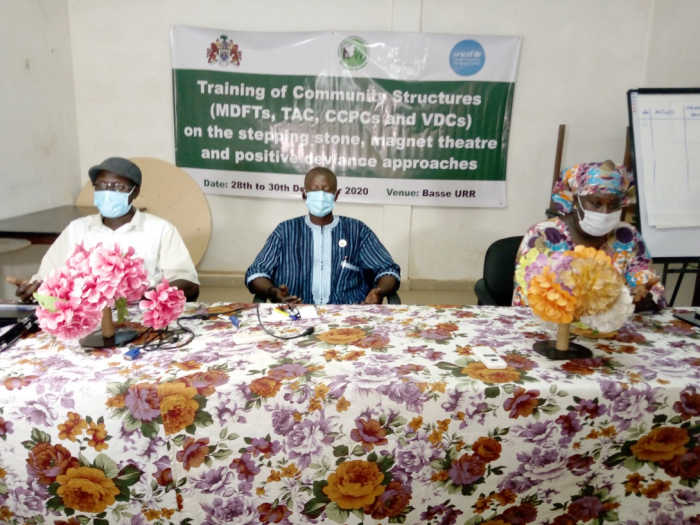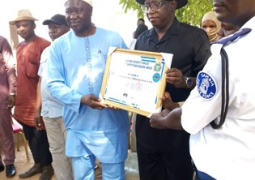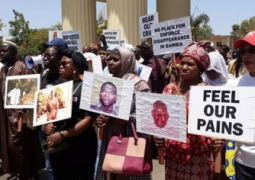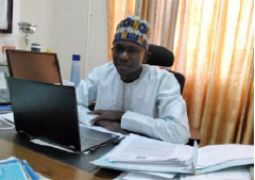
“Don’t keep quiet when you see GBV happening in our in communities and homes. We have to ensure that we report it to the relevant authorities. In fact, underreporting is one of the factors that is hindering our objectives in addressing GBV in our communities. Let’s not take it as families and friendship issues, but let’s understand that it’s a crime against the individual and our nation,” she explained.
Mrs. Touray was speaking recently during the opening of two days training on GBV among other issues affecting women and the girl child. The training held at the regional health directorate conference hall in Mansajang, Upper RiverRegion (URR) was funded by UNICEF.
Officials say the convergence was designed to train community structures, including MDFTS, Technical Advisory Members (TAC), Community Child Protection Communities (CCPC) and Village Development Committees (VDCs) on three approaches; ranging from positive defiance, stepping stones and theatre magnet.
GBV, she added, has an adverse effect on the individual, communities and the nation at large. “If we really want to address the issue of GBV, then it needs a holistic approach. In using those holistic approaches, the community members and regional structures can’t be left out.”
“As a ministry and a department, we feel that partners are using approaches that are very good and they are using it in certain communities and dealing with certain communities directly. However, we thought that it’s also paramount to train the regional structures such as the members of the TAC, MDFT, and VDC among other critical stakeholders who are all working towards addressing the menace.”
“We believe that after the training, the participants will be able to work closely with their communities to ensure that GBV is addressed. These are simple approaches that you the participants can use at your respective communities; even at the regional level in order to monitor what’s happening in the communities.”
According to her, issues about Female Genital Mutilation/Cutting, Child Marriage and Child Pregnancy have adverse effects on our communities. “It’s important that we put our hands together, use our holistic approaches to ensure that we get rid of GBV in our regions, communities and the country at large. Everybody here at the end of the day, should take a commitment to say no to GBV.”
Sainey Cham, monitoring and evaluation officer for Women’s Bureau, said the thematic area used in the training is approaches that is used to train communities with a view to effecting changes in their respective communities towards addressing the menace of GBV.
Kelepha Kandeh, deputising for the regional governor, underscored the significance of the forum, while urging active participation from the participants.
“The training is a refresher of whatever you have been hearing about GBV and ensuring that women’s rights are put at high in the agenda. Violence against women is evident throughout the world and even in our countries, homes and societies. We all grow at home and we have witnessed many things that are meted on our women that we clearly know are not right. Therefore, as stakeholders, we must stand firm in ensuring that the menace is eradicated.”
He said: “We must work together and complement each other's efforts with a view to ensure that GBV is completely abolished in our homes. The menace is happening in our homes; hence we need to team up with the relevant authorities in order to wipe it out. I believe after this two days training, you will get the required knowledge and start implementing the necessary steps at your various homes.”
“Each and every one of us here has a responsibility to play. I am optimistic that if we redouble our commitment in saying zero to GBV and other negative issues affecting our women and girls, then the future will be bright for us and we will uproot and change others within our societies.”




